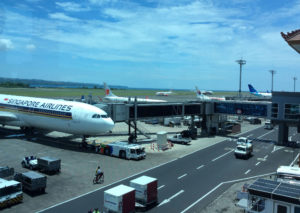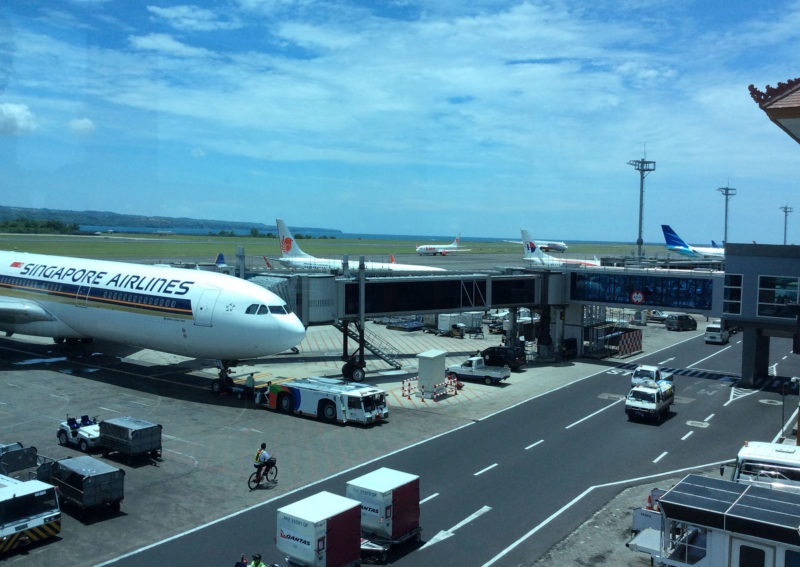 Asian airlines witnessed further growth in international air cargo and air passenger markets in November 2016, according to traffic figures from the Association of Asia Pacific Airlines (AAPA).
Asian airlines witnessed further growth in international air cargo and air passenger markets in November 2016, according to traffic figures from the Association of Asia Pacific Airlines (AAPA).
International air cargo demand, as measured in freight tonne kilometres, climbed 5.3% higher, underpinned by broad-based improvements in new export orders. Combined with a 3.2% increase in offered freight capacity, the average international freight load factor gained 1.4 percentage points to reach the year’s monthly high of 66.9%.
For passage, the region’s airlines carried a combined total of 23.3 million international passengers in November, representing a 4% increase compared to the same month last year.
Underpinned by continued strength on long-haul travel markets, demand in revenue passenger kilometers grew by 6.2%. The average international passenger load factor rose by 0.7 percentage points to 77.4% for the month after accounting for a 5.1% expansion in available seat capacity.
“Asian airlines carried an aggregate total of 267 million international passengers in the first eleven months of the year, representing continued robust growth in demand, up 5.9% on the corresponding period in the previous year,” AAPA director general Andrew Herdman said in a statement.
On air cargo markets, Herdman added, “The region’s carriers have seen a modest but progressive recovery in international air cargo demand this year, with volume growth of 1.2% for the first eleven months of 2016.”
Herdman said international air passenger demand maintained a strong growth trend throughout 2016 despite geopolitical uncertainties, supported by lower oil prices and widespread availability of affordable air fares.
Air cargo markets, meanwhile, showed a modest pickup in demand during the course of the year, but rates remained highly competitive, reflecting soft global trade conditions.
“The general outlook for the global economy in 2017, including further growth in demand for air travel, remains reasonably positive, but airlines will need to be vigilant over costs, given fluctuations in oil prices as well as exchange rate volatility,” Herdman concluded.





